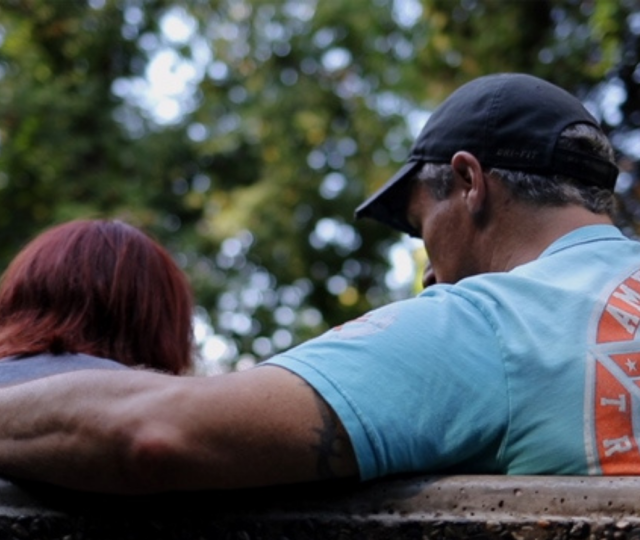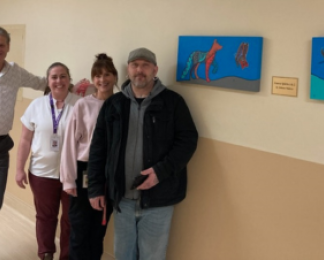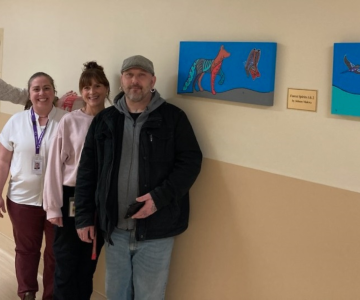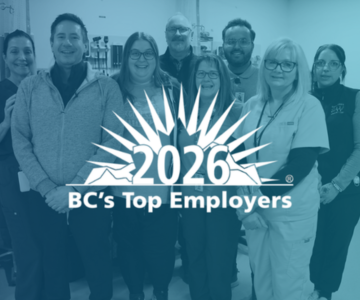Harm reduction includes a range of health programs and services for both individuals and communities.
It aims to improve health outcomes related to substance use, addiction, overdose, sexually transmitted and blood borne infections (STBBIs), other illnesses and injuries, social isolation, violence, oppression, trauma, and criminal justice system involvement.
Harm reduction programs and services are proven to not only reduce harms such as infections, injuries and death related to substance use and sexual activity, but they have also been proven to increase social and vocational functioning, and to reduce public disorder.
Learn more about harm reduction and our team at Interior Health














